As soon as we neglect a little attention, weeds invade our vegetable gardens and decorative flower beds without warning. And despite our efforts to pull them out, nothing is done, they come back. How can we finally get rid of weeds?
Here is a homemade herbicide recipe that is economical and much more gentle on the environment and your health than the chemical herbicides found on the market. It is very useful against invasive weeds that creep into your flower beds.
1. There are different ways to weed
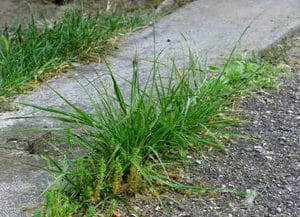
The arrival of sunshine and good weather also brings its share of problems to our gardens since it is the time when weeds develop most. The damage is all the more significant if no preparations have been made before the arrival of spring. This will discourage the most motivated and dynamic gardeners! Fortunately, several means are available to get rid of these kinds of invasive vegetation.
The first solution is to opt for manual weeding using a hoe or a weeder. The advantage? With this method, weeds are pulled at the root and regrowth is slower. The disadvantage is that the work can be very laborious if there is a large area to cover. In addition, it must be repeated regularly.
2. Ban chemical weed killers, make way for organic ones!
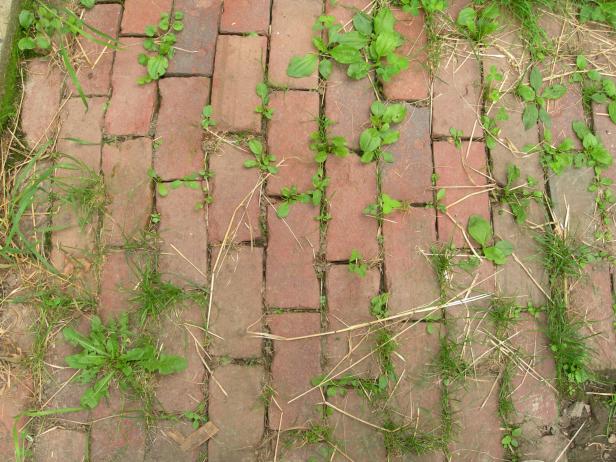
To act effectively, you may be tempted by the ease of chemical weed killers. With herbicide, more particularly glyphosate, the result obtained will be more than satisfactory, even radical. However, the use of this product presents hazards to local residents, domestic animals, insects and micro-organisms that live in the garden. This is without mentioning the consequences on your own health, environmental pollution, adverse effects on the soil and groundwater. In fact, the International Agency for Research on Cancer (IARC) of the World Health Organization (WHO) announced on March 20, 2015, that this substance was classified in category 2A, i. e. “probable carcinogens”. In short, to be avoided!
3. Homemade recipe of the 100% natural herbicide based on water, vinegar and salt
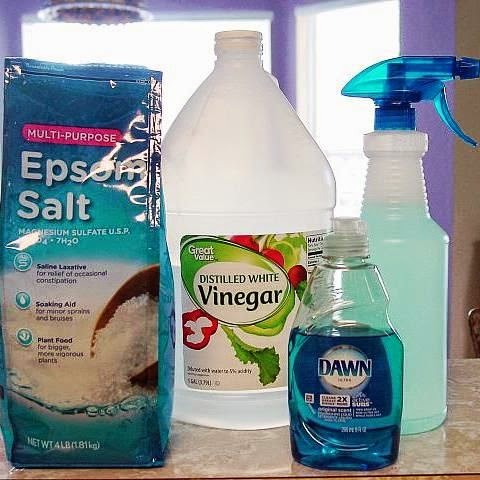
There are many organic and ecological alternatives to chemicals. Preparations that we can make ourselves with ingredients that we use every day and therefore are cheap. This is the case, for example, for white vinegar. Indeed, also widely used as a natural cleanser, this condiment works wonders on weeds, especially the most resistant and recalcitrant ones.
However, due to its high acidity, vinegar can influence soil fertility. That is why it must be diluted in salt water. More precisely, the ideal recipe and dosage are:
- Five liters of water,
- A kilo of iodized salt,
- 200 ml white vinegar.
Water the weeds with this mixture, let it work and when the vegetation starts to turn yellow and fade, you just have to pull it out.
Some will argue here that salt, even if it is natural, sterilizes the soil. That’s true, but not if you use it sparingly on small areas in hot weather (rain may cause it to run off further).
4. Other natural weed killers: potato cooking water and nettle manure
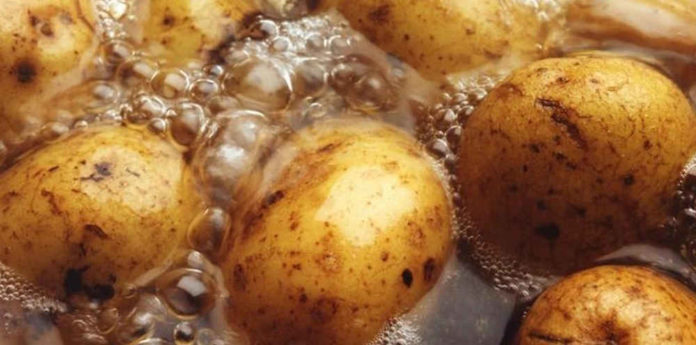
The cooking water from boiling potatoes will also do the same. Be careful not to water the flowers and vegetables in the garden.
Otherwise, be aware that some plant varieties such as Indian carnations do not mix well with weeds.
Finally, pure nettle manure could be used as a weed killer, but it is not recommended: this may seem surprising since it is best known for its insecticidal and fertilizing properties. In reality, as it is rich in nitrogen, it becomes toxic to plants and throws nitrates into the soil, eventually polluting it and intoxicating plants. Nettle manure is therefore not to be used in large quantities, especially when it is pure!
Source: Le Monde


![[Photos] Why WD-40 Is Magic In Your Garden?](https://lifetonik.com/wp-content/uploads/sites/7/2019/08/WD40-Prices-Highres_Page_8_Image_0008-218x150.jpg)
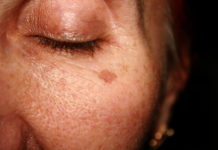




![[Photos] Take A Look Of The Obama’s New Home Before It’s Banned](https://lifetonik.com/wp-content/uploads/sites/7/2019/07/Obama1-218x150.jpg)

![[Slideshow] Celebrity Homes: 21 Of The Most Luxurious](https://lifetonik.com/wp-content/uploads/sites/7/2019/07/Taylor-Swift-218x150.jpg)
![[Slideshow] More Parents Are Now Gluing Pennies to the Bottom of their Kid’s Shoes](https://lifetonik.com/wp-content/uploads/sites/7/2019/07/Keep-Them-Entertained-218x150.jpeg)
![[Photos] 20 Fashion Mistakes That Too Many Women Make!](https://lifetonik.com/wp-content/uploads/sites/7/2019/07/5-style-mistakes-that-make-you-look-frumpy-featured-218x150.jpg)










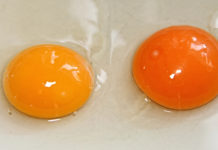








![[Gallery] 25 Discounts For Seniors To Which You Are Entitled Without Knowing It](https://lifetonik.com/wp-content/uploads/sites/7/2019/08/EAZxECUXUAAvNZR-218x150.jpg)
![[Slideshow] Here’s the salary of every governor in the United States](https://lifetonik.com/wp-content/uploads/sites/7/2019/08/Charlie-Baker-218x150.jpg)
![[Photos] No One Will Want To Buy This House After Seeing These Pictures](https://lifetonik.com/wp-content/uploads/sites/7/2019/08/terrible-real-estate-photos-2-5c35e727c9f95__700-218x150.jpg)



